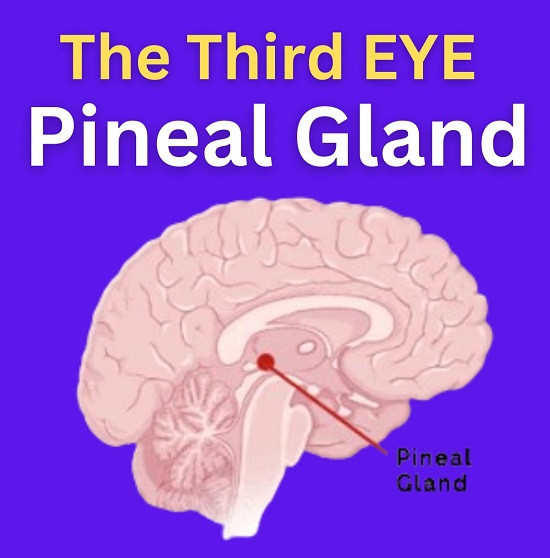What is Mediterranean Diet ?
The Mediterranean Diet is a dietary pattern inspired by the traditional eating habits of people living in the Mediterranean region, including countries like Greece, Italy, Spain, and southern France. It is characterized by a balanced and heart-healthy approach to eating that emphasizes whole foods, primarily plant-based foods, and healthy fats.

Key features of the Mediterranean Diet:
Here are some key features of the Mediterranean Diet:
Fruits and Vegetables: The diet is rich in fruits and vegetables, which provide a wide range of vitamins, minerals, and antioxidants.
Whole Grains: Whole grains like whole wheat, barley, and oats are staples in this diet and provide fiber and nutrients.
Healthy Fats: Olive oil is a primary source of fat and is rich in monounsaturated fats, which are considered heart-healthy. Nuts and seeds are also common sources of healthy fats.
Protein: Fish and seafood are consumed regularly, providing omega-3 fatty acids. Poultry and dairy products like yogurt and cheese are also included in moderation. Red meat is consumed sparingly.
Legumes: Beans, lentils, and chickpeas are high in fiber and protein and are often included.
Herbs and Spices: Herbs and spices like basil, oregano, and garlic are used to flavor dishes, reducing the need for excess salt.
Wine: Red wine is consumed in moderation with meals by some people in Mediterranean countries, but it's not a requirement.
Physical Activity: Regular physical activity is encouraged as part of a healthy lifestyle.
The Mediterranean Diet is often associated with various health benefits, including reduced risk of heart disease, stroke, type 2 diabetes, and certain cancers. It's also considered a sustainable and enjoyable way of eating.
Mediterranean Diet For Weight Loss -
As for weight loss, the Mediterranean Diet can help with weight management for several reasons:
Balanced Nutrients: The diet is balanced and provides a wide variety of nutrients, which can help control appetite and reduce cravings for unhealthy foods.
Fiber-Rich: It's high in fiber from fruits, vegetables, and whole grains, which can promote feelings of fullness and reduce overeating.
Healthy Fats: The inclusion of healthy fats, like those from olive oil and nuts, can help increase satiety and reduce overall calorie intake.
Sustainable: Unlike restrictive diets, the Mediterranean Diet is sustainable over the long term, making it easier for people to maintain a healthy weight.
Emphasis on Whole Foods: It encourages whole, minimally processed foods, which are generally lower in calories and more nutrient-dense.
Portion Control: While the Mediterranean Diet doesn't focus explicitly on portion control, the emphasis on eating mindfully and savoring meals can help individuals become more aware of their hunger and fullness cues.
Watch : How Mediterranean Diet Work For Weight Loss ?

It's important to note that while the Mediterranean Diet can support weight loss and overall health, the rate of weight loss may not be as rapid as with some highly restrictive diets. However, it offers a sustainable and enjoyable way to maintain a healthy weight while also providing numerous health benefits.Individual results can vary, and it's advisable to consult with a healthcare professional or registered dietitian before starting any new diet or weight loss plan.












Facebook Conversations